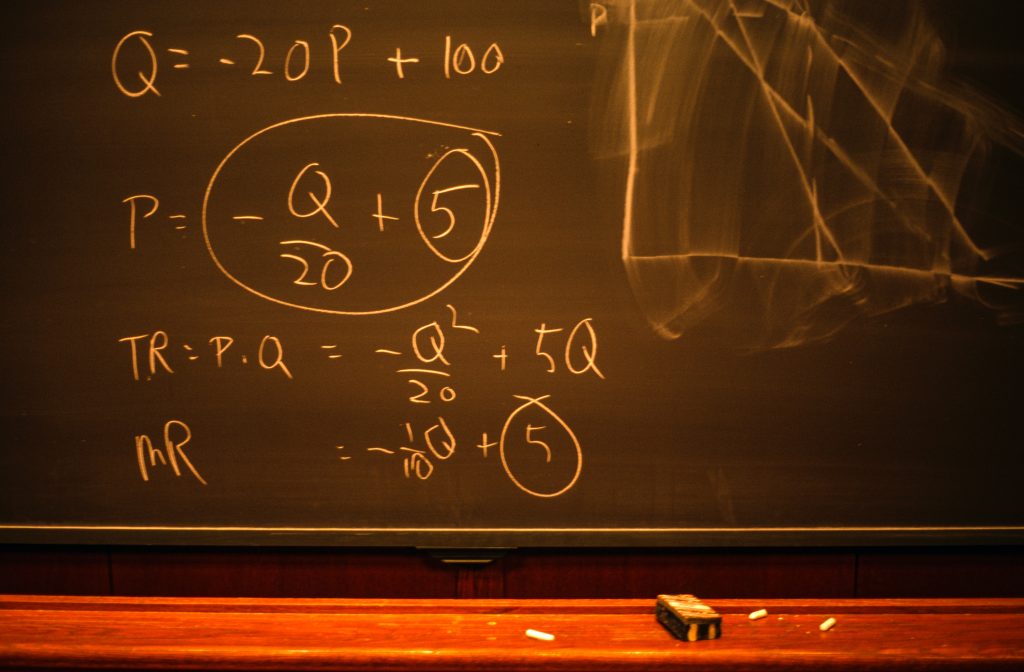
Remedial classes have been standard practice at community colleges since about the 1980s. The original intent of these not-for-credit courses was to protect underperforming students from failing actual college classes. Remedial courses gave such students the extra support they needed to eventually take those classes—and succeed in obtaining a degree.
However, in recent years there has been some debate over the effectiveness of remedial courses. This culminated when Governor Gavin Newsom of California signed a bill severely limiting the ability of community colleges to place students into such classes. Colleges cannot now mandate remedial courses for academically underprepared students except in what commentators are characterizing as “highly specific circumstances.”
California is not the only state to limit the use of remedial courses. Louisiana’s public colleges no longer place students in remedial English and mathematics courses. Instead, they place students in for-credit classes right away, while offering more academic support. Recent results from the 2020-21 academic year show that this may be the right move. Students enrolled in the for-credit math classes passed more than 50 percent of the time, while students in the remedial courses passed only 11 percent of the time.
The majority of students required to take remedial classes do not ever obtain a degree. In 2014, Florida made placement exams and remedial classes optional, as well. And it required community colleges to replace remedial classes with for-credit classes. A study from the Center for Postsecondary Success at Florida State University found, in 2019, that this new requirement boosted overall student success. Other states are beginning to follow suit.
The arguments against remedial classes are varied. First, research from Judith Scott-Clayton et al. estimates that a quarter to a third of students are incorrectly placed in remedial courses, despite the fact that they would fare well in normal college-level courses. Second, the majority of students who are required to take remedial classes do not ever obtain a degree. Finally, remedial classes cost students money. And unlike regular courses, remedial courses do not advance students towards a degree.
Nevertheless, remedial classes surely have their purpose. A recent study from ACT shows that grade inflation, particularly in high school, is real in the United States. High school graduates earned an average GPA of 3.11 in 2019, up from 3.00 in 2009 and 2.68 in 1990. Despite this increase in GPA, the average national score on the 12th-grade math portion of the National Assessment of Educational Progress (NAEP) has declined. In addition, average ACT composite scores have declined over the years, as well. While GPAs have increased, overall comprehension has decreased.
Given this evidence, it is not hard to believe that students starting out in community colleges really are unprepared for the courses required to graduate. To remove the need for remedial courses, the answer is to look at the root causes. Don’t simply ban their existence. Instead, K-12 education in the U.S. needs to prepare students for their future college workloads, not simply pass them along.
Grace Hall is a communications assistant at the James G. Martin Center for Academic Renewal. She works and lives in Georgia.
